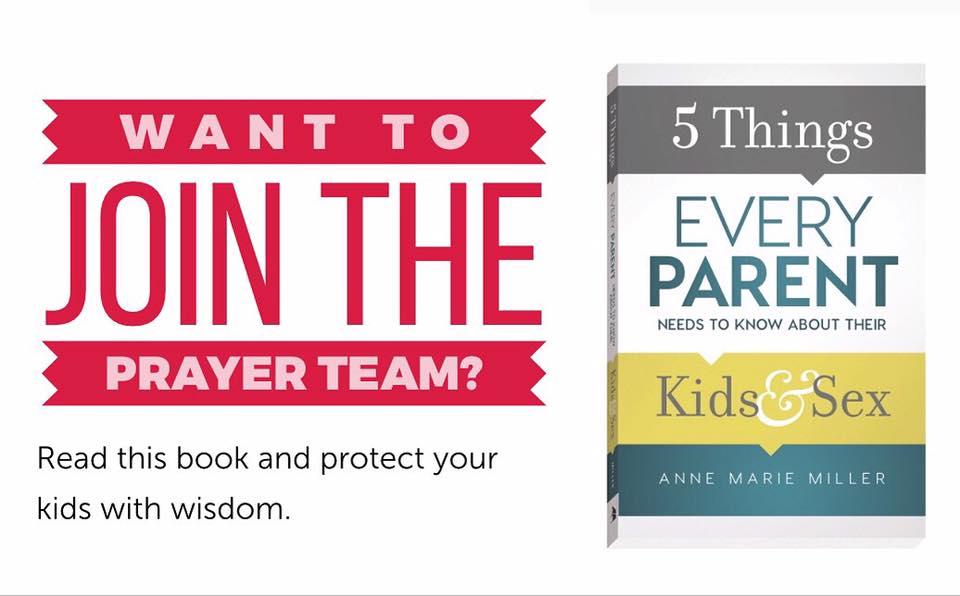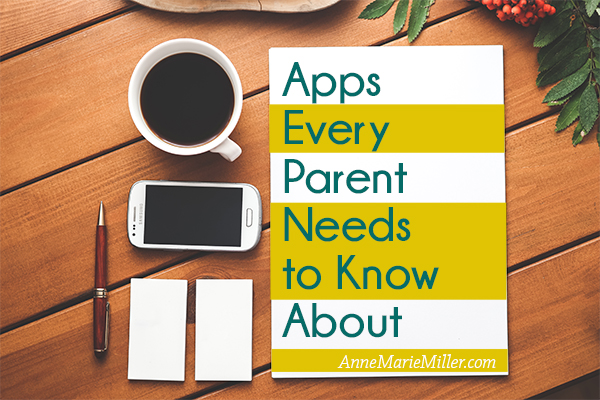Quick Reminder: Have you pre-ordered my book Five Things Every Parent Needs to Know About Their Kids and Sex?
Don’t forget to grab your copy before the release date, and get some great freebies that will help you talk to your kids about sex.
 Today’s App Every Parent Needs to Know About (full series here) is one of the most popular social media apps around. More than likely, you have it on your phone. More than likely, your kids might too.
Today’s App Every Parent Needs to Know About (full series here) is one of the most popular social media apps around. More than likely, you have it on your phone. More than likely, your kids might too.
It’s the photo (and video) sharing app: Instagram.
Instagram is one of the classic apps, making its debut in late 2010. They’ve managed to stay relevant and widely-used. Unlike my other social media channels (Twitter, Facebook), I follow a small group of people–mostly friends and family–and a few celebrities or organizations. I engage with the app most days, and use it to keep track of what’s happening in the lives of friends.
Because Instagram’s content is user-generated, I knew there had to be sexual content on it, but it rarely appears to me due to Instagram’s algorithms, which shows you content you’d likely enjoy the most (so in my “What’s Popular” feed, there are lots of pregnancy posts, puppies, and food/drink pictures…which is pretty customized to the things with which I naturally interact).
However, Instagram’s innocence disappears with only a few clicks.
Instagram’s Purpose (according to their app description):
“Instagram is a simple way to capture and share the world’s moments. Transform your everyday photos and videos into works of art and share them with your family and friends.”
Terms of Service/App Rating: Instagram is rated 12+ in the app store for:
In their Terms of Service, Instagram is very clear that the intended audience is 13+ and they also state:
“You may not post violent, nude, partially nude, discriminatory, unlawful, infringing, hateful, pornographic or sexually suggestive photos or other content; You must not defame, stalk, bully, abuse, harass, threaten, impersonate or intimidate people or entities and you must not post private or confidential information via the Service, including, without limitation, your or any other person’s credit card information, social security or alternate national identity numbers, non-public phone numbers or non-public email addresses.”
Privacy: Instagram keeps the standard amount of information that other apps keep: cookies and pixels (that track your use), geolocation (if location services are on) and does provide that information to advertisers and some third parties. As far as parental controls and user privacy, there are only a few options:
- Don’t post your location if you don’t want people to know where you are.
- Keep your account “private,” which removes any public access.
Instagram says,
“Any information or content that you voluntarily disclose for posting to the Service, such as User Content, becomes available to the public, as controlled by any applicable privacy settings that you set. To change your privacy settings on the Service, please change your profile setting. Once you have shared User Content or made it public, that User Content may be re-shared by others.”

The Good:
- If a user doesn’t wander outside his or her feed or click any hashtags, the probability of viewing something unwanted or inappropriate is relatively low (unless someone a user follows directly posts something inappropriate or is hacked).
- Users can keep their accounts private, which blocks any public searches and sharing of information.
- Instagram automatically blocks obvious inappropriate hashtags–for example, if you searched for #sex, nothing will show up.
- Instagram makes reporting and blocking posts or accounts that violate their Terms of Service really easy, just by clicking “Report” and choosing the reason.
The Bad: Anything outside of a user’s feed is only a few clicks away from trouble.
- Accounts who post inappropriate material often use common, innocent hashtags to have their posts show up to larger audiences, i.e, you can click on the hashtag #dogsofinstagram because you want to see more pictures of dogs, but an explicit photo or video will find its way into that feed because the user tagged it #dogsofinstagram.
- Curious users who want to find inappropriate material don’t have to try very hard. Whereas #sex may not have any results, simply turn the word into #sexy and you have millions of posts, most which violate Instagram’s terms, right at your fingertips.
- It’s also super popular to follow celebrities on Instagram. I don’t want to pick on Kim Kardashian, but she’s always made infamous headlines for posting some mostly-nude photos (which, based on Instagram’s TOS, I do not understand why they are still up–see example below).
- Celebrities can post explicit material, and project what someone is “supposed” to look like (skinny, sexy, wearing certain items, not wearing certain items; essentially they can be negative role models for body image and online behaviors).
- Users can tag their location and publicize where they live, go to school, work, etc.
What you need to know:
Although Instagram has a straight forward TOS and privacy settings, beyond that, there are no parental controls available. It would be awesome if they could implement a rating system for users and, at the very least, try to have more control over who sees what. Public users are also allowed to send private messages to other public users, unless they are blocked. And even if a user is set as “private,” someone can always take a screen shot of his or her post and repost it publicly. You wouldn’t believe the number of phone numbers I see on junior high and high school students’ private posts that have been shared. Also, Instagram allows a user to clear searches, so hiding the history is easy to do.
Conversation Starter:
It’s likely you and members of your family use Instagram. I realize that by sharing some of these “shortcuts,” it may open pandora’s box, so to speak. Maybe your kids would never think about searching for #sexy on Instagram. Then again, maybe they already have, or have clicked an innocent hashtag, or have been followed by an explicit account.
The real question here is do you know?
Instead of sheltering, open up to your kids and let them know you’re sharing this because you care about what they see online. You don’t have to give them an instruction book for how to find content they shouldn’t see, but by asking them questions, you can move forward in this conversation in a productive and appropriate way.
- Do you use Instagram? What do you like about it? What don’t you like?
- Is your account set to private? Who follows you? Who do you follow? Why?
- What are some funny things you’ve seen on Instagram? Have you ever seen anything inappropriate? (Note: if they answer yes, don’t freak out. Engage them!)
- Do you know how to report things that shouldn’t be on Instagram?
- Tell me what you know about hashtags…how do people use them?
Educating, Encouraging and Equipping Parents
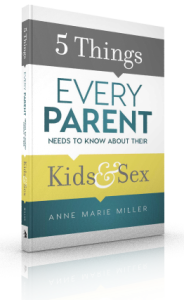 Nervous about talking to your kids about sex? Anxiety over having “the talk” often means we avoid it as long as we can. While we’re waiting, our kids are getting their questions answered and their perceptions of sex and sexuality formed elsewhere–through online searches and a daily diet of mainstream and social media that may shock you. In this immensely practical and well-researched book, Anne Marie Miller:
Nervous about talking to your kids about sex? Anxiety over having “the talk” often means we avoid it as long as we can. While we’re waiting, our kids are getting their questions answered and their perceptions of sex and sexuality formed elsewhere–through online searches and a daily diet of mainstream and social media that may shock you. In this immensely practical and well-researched book, Anne Marie Miller:
 Equips parents to take control of the narrative their children are receiving about sex.
Equips parents to take control of the narrative their children are receiving about sex.- Shows how to have meaningful and age-appropriate conversations about sex, pornography, and sexual abuse.
- Helps parents how to keep the lines of communication open so kids will trust their parents with their fears, struggles and questions.
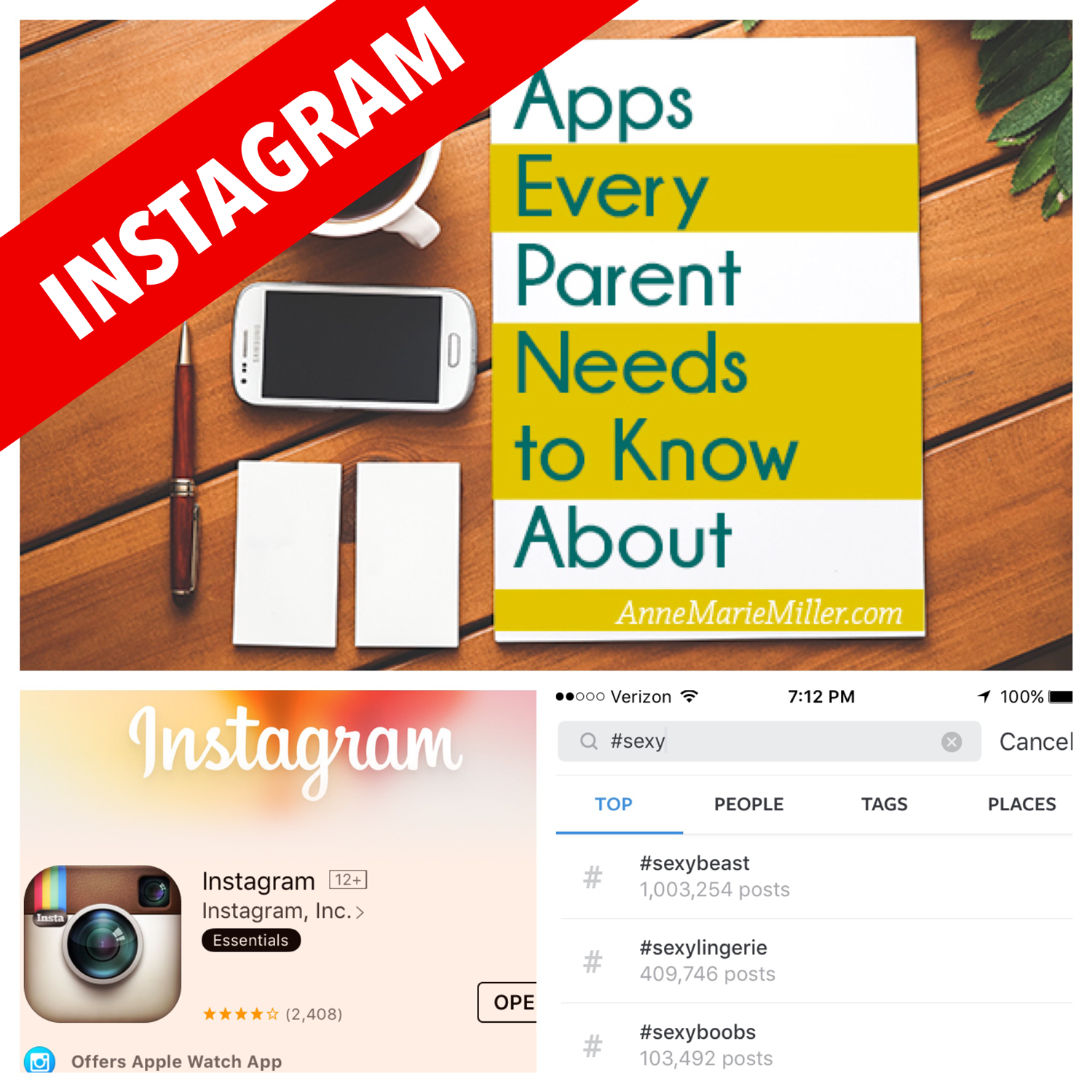
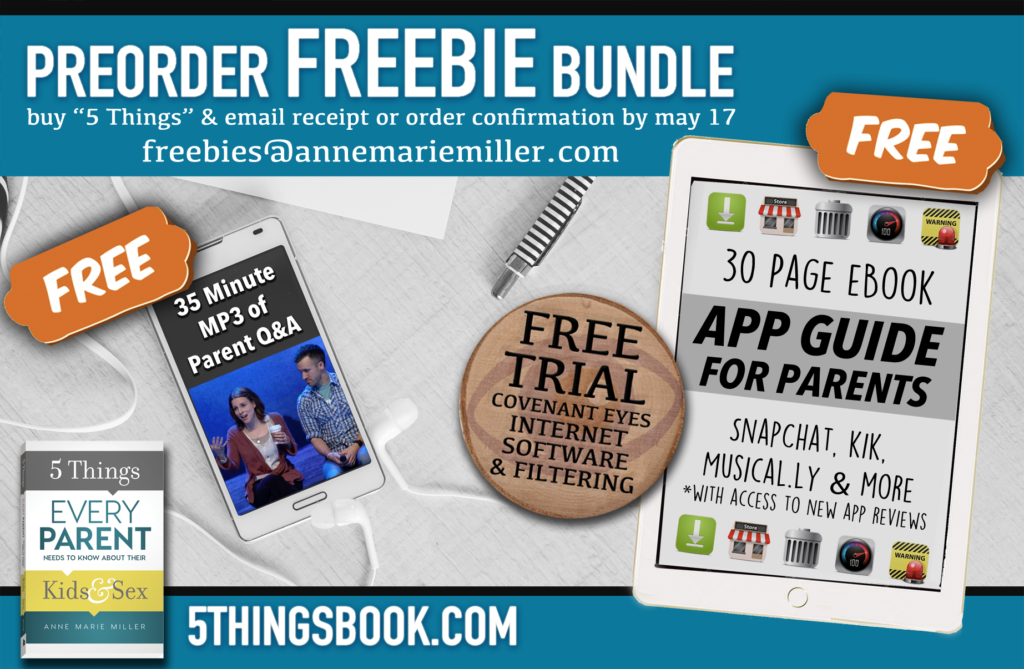




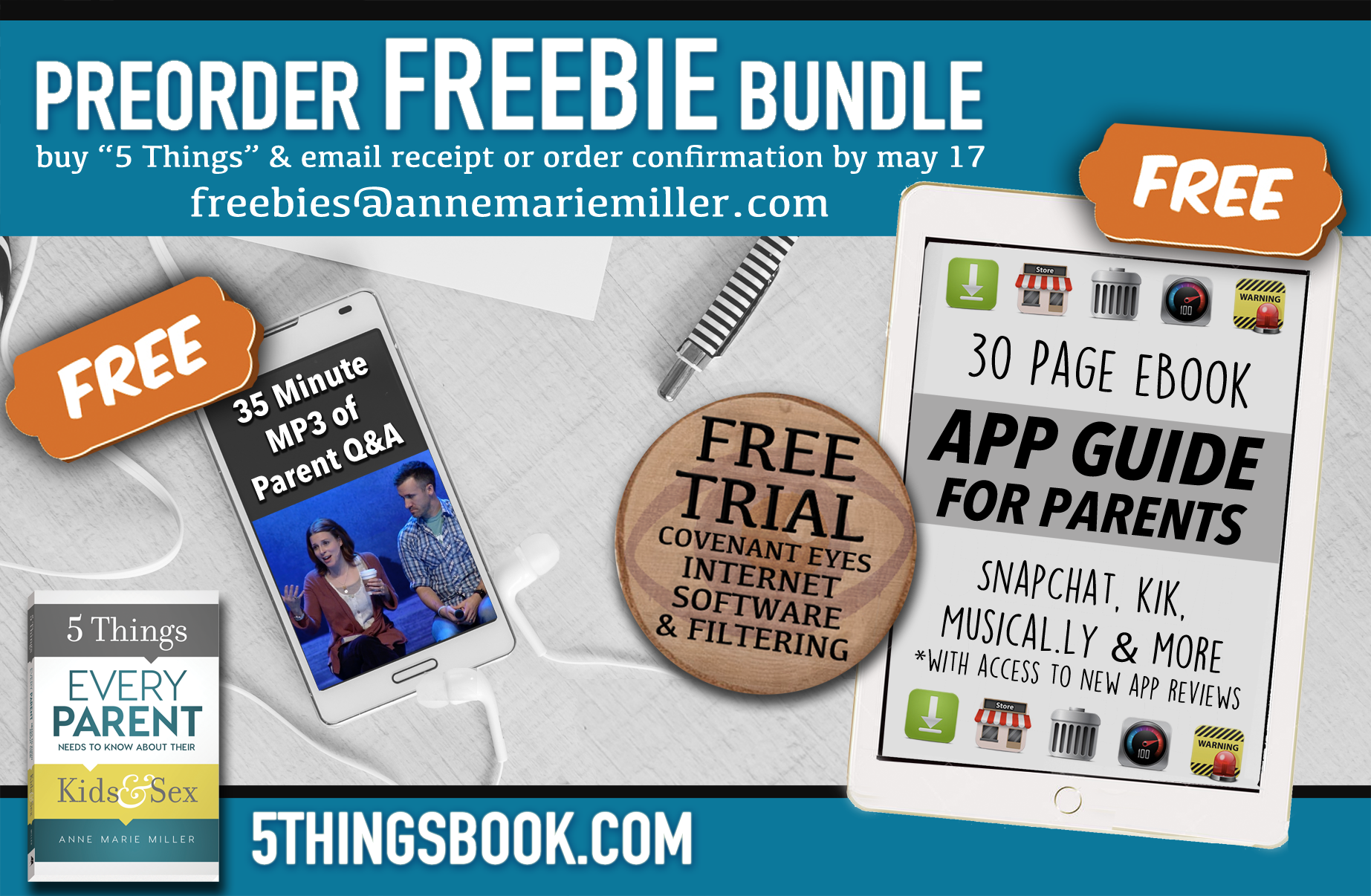
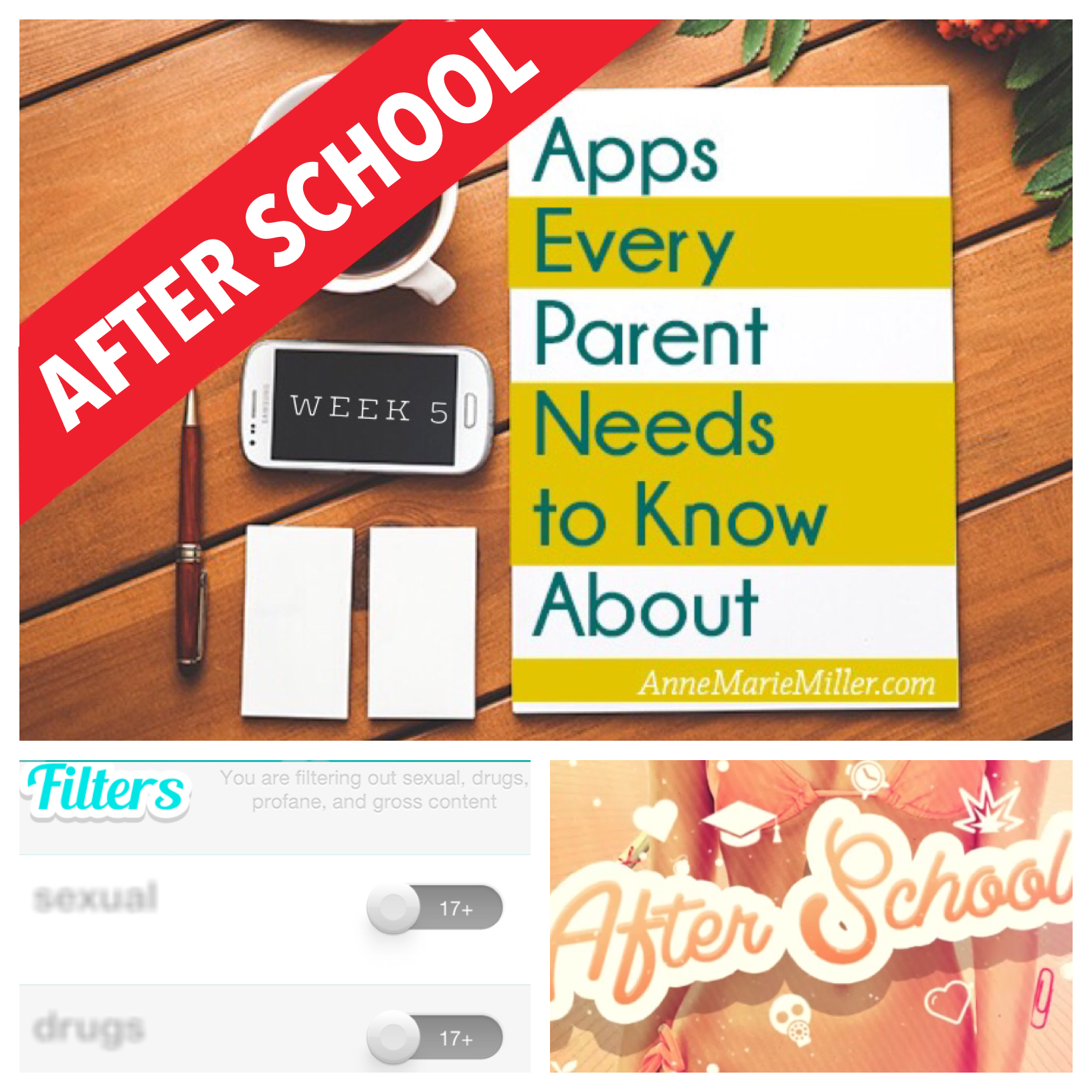
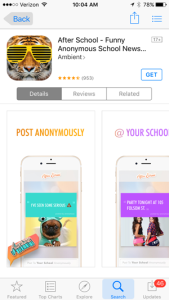

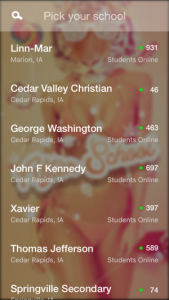




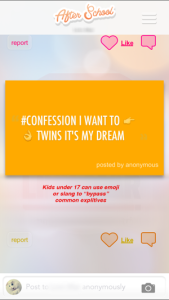
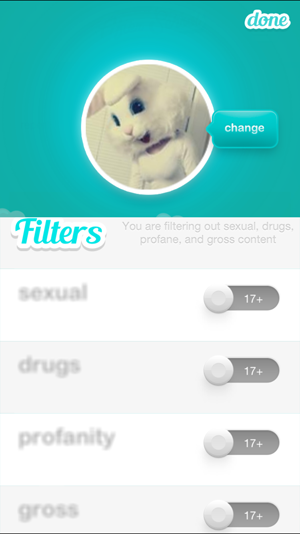



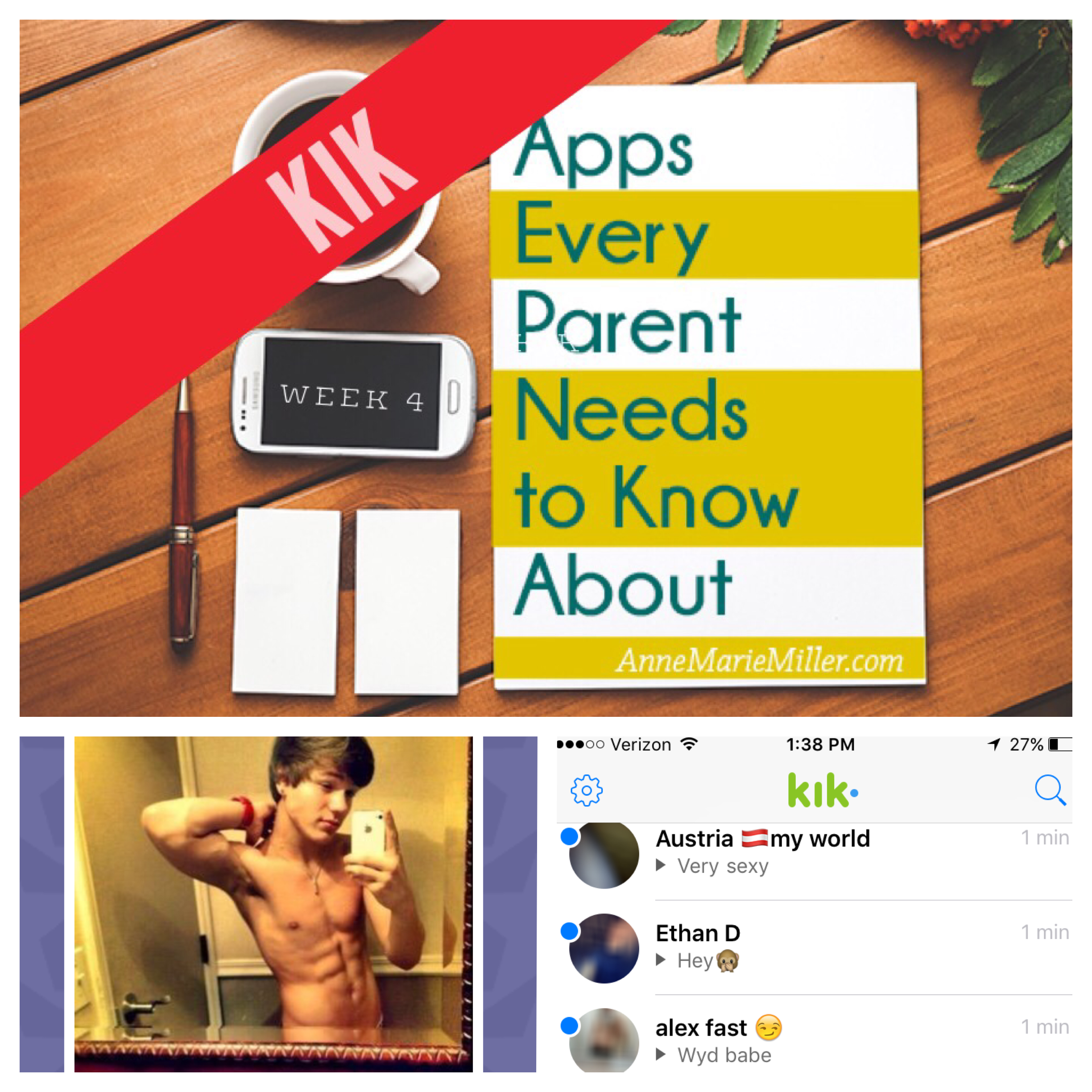
 kik, like our previous reviews, is rated 12+ for the same reasons as the others (noticing a theme here?) for a variety of “Infrequent/Mild,” sex and suggestive themes.
kik, like our previous reviews, is rated 12+ for the same reasons as the others (noticing a theme here?) for a variety of “Infrequent/Mild,” sex and suggestive themes.







 When it comes to parents talking to their kids about sex, the most common question I hear again and again is when parents should start the discussion.
When it comes to parents talking to their kids about sex, the most common question I hear again and again is when parents should start the discussion.